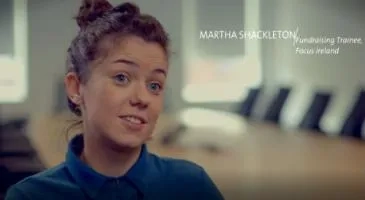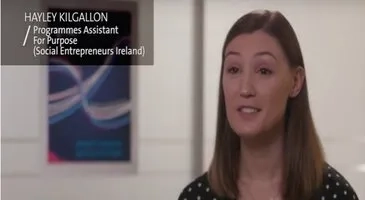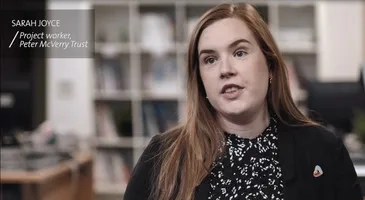Careers advice and planning
Internships in the NGO sector: What to expect?
18 Apr 2023, 14:50
The NGO sector is an extremely rewarding sector in which to work, one which can involve a lot of interesting and challenging work. However, due to the nature of the sector, recruitment is generally at low levels compared to the number of graduates hoping to work in the sector.

gradireland Editorial advice
This describes editorially independent and impartial content, which has been written and edited by the gradireland content team. Any external contributors featuring in the article are in line with our non-advertorial policy, by which we mean that we do not promote one organisation over another.



